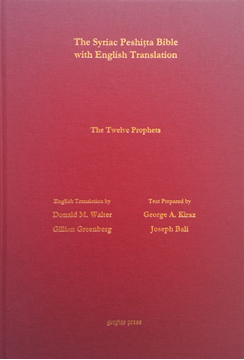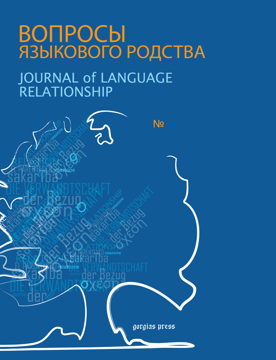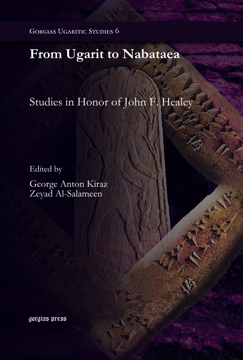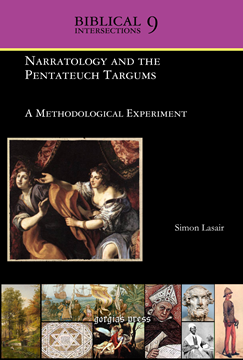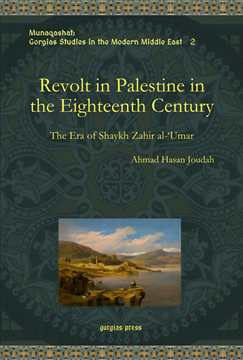The Book of the 12 Prophets According to the Syriac Peshitta Version with English Translation
Translation by Donald M. Walter & Gillian Greenberg; Text Prepared by George Anton Kiraz & Joseph Bali
Series: Surath Kthob 26
ISBN: 978-1-4632-0177-7
This volume is part of a series of English translations of the Syriac Peshiṭta along with the Syriac text carried out by an international team of scholars. Greenberg and Walter have produced an annotated translation of the Peshiṭta version of The Twelve Minor Prophets, while Kiraz and Bali have edited the Peshiṭta text. The English translation and the Syriac text are shown on facing pages so that both can be studied together.
$150.00 (USD) $90.00 (USD)
Journal of Language Relationship 7
Volume 7
Series: Journal of Language Relationship 7
ISBN: 978-1-4632-0178-4
The Journal of Language Relationship is an international periodical publication devoted to the issues of comparative linguistics and the history of the human language. The Journal contains articles written in English and Russian, as well as scientific reviews, discussions and reports from international linguistic conferences and seminars.
$72.00 (USD) $43.20 (USD)
Critical Reviews in the History of Science (Volume 8)
Edited by Alan C. Bowen & Tracey E. Rihll
Series: Aestimatio 8
ISBN: 978-1-4632-0179-1
Aestimatio provides critical, timely assessments of books published in the history of what was called science from antiquity to the early modern period in cultures ranging from Spain to India, and from Africa to northern Europe. The aim is to allow reviewers the opportunity to engage critically both the results of research in the history of science and how these results are obtained.
$179.00 (USD) $107.40 (USD)
From Ugarit to Nabataea
Studies in Honor of John F. Healey
Edited by George Anton Kiraz & Zeyad Al-Salameen
Series: Gorgias Ugaritic Studies 6
ISBN: 978-1-4632-0180-7
From Ugarit to Nabataea is a collection of articles on the texts and cultures of various Near and Middle Eastern societies such as Ugarit, Ancient North Arabia, Nabatea, Palmyra, Edessa, the monasteries of Mesopotamia, and modern day Syriac-speaking communities. They include discussion of the religious beliefs, iconography, epigraphy, architecture and language of these societies – fields to which John F. Healey has contributed in his long, distinguished and varied career.
$160.00 (USD) $96.00 (USD)
Narratology and the Pentateuch Targums
A Methodological Experiment
By Simon Lasair
Series: Biblical Intersections 9
ISBN: 978-1-61143-489-7
In this innovative book Simon Lasair explores some of the potentials of applying narratology to the Pentateuch Targums. Lasair argues that when the targums present coherent narratives, they largely carry the major structures of the Pentateuch over into an Aramaic context. This book calls for a wide ranging rethink of the methodologies used to study targumic literature, as well as how to place the targums within their original historical contexts.
$138.00 (USD) $82.80 (USD)
Revolt in Palestine in the Eighteenth Century
The Era of Shaykh Zahir al-‘Umar
ISBN: 978-1-4632-0002-2
In the turbulent atmosphere of the eighteenth century when the Ottoman Empire was enfeebled, local leaders far from Istanbul took matters into their own hands. At first, these leaders only regulated local trade and tax collection, but soon, leaders like Shaykh Zahir al-‘Umar — a district tax collector in Palestine— saw opportunities to amass great wealth and power while providing autonomous government and safer roads to their local followers. A gripping and fascinating read, Ahmad Joudah’s biography of Shaykh Zahir is crucial for scholars seeking to contextualize developments in modern Palestinian history within the politics of the late Ottoman Empire.
$178.00 (USD) $106.80 (USD)
